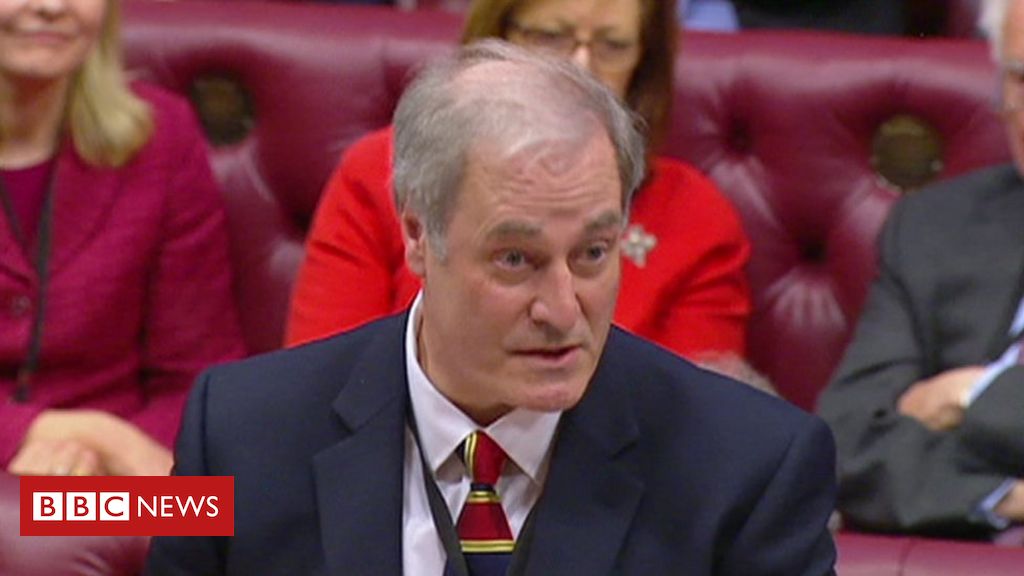Or, I articulated my doubts and the reasons behind them, and you resumed barracking like it's still 2019. Any chance of you answering my question at any point?
Your doubts have been noted.
I have full confidence ScoMo will put together a good commission.
What was your question?






